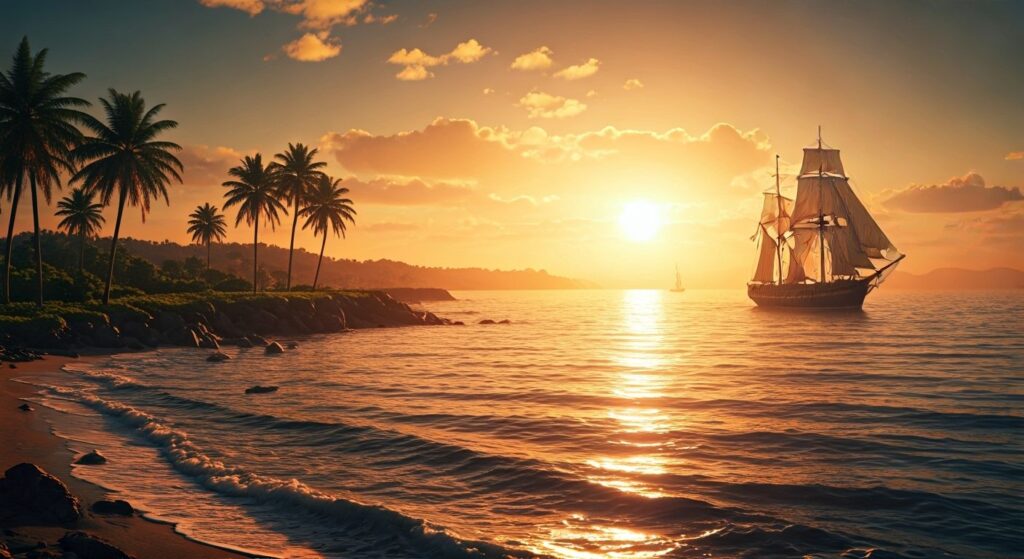In 2022, Liberia celebrated a milestone that few nations in Africa—or the world—can claim: two hundred years since freed African Americans set foot on its shores to establish a settlement that would evolve into the Republic of Liberia. The bicentennial was not just a historical anniversary; it was a moment of reflection on freedom, identity, and the enduring struggle to define what it truly means to be liberated.
The story of Liberia’s founding is a story of courage in the face of contradiction—of men and women who left bondage behind, only to confront new forms of hardship, division, and discovery. As the world looks back two centuries later, Liberia’s bicentennial invites us to draw lessons from a journey that turned captivity into nationhood.
Freedom Beyond Emancipation
When slavery ended in the United States, freedom did not arrive with equality. Freed African Americans faced systemic exclusion, racism, and a society unwilling to see them as citizens. For many, the promise of liberty remained hollow.
The “Back to Africa” movement emerged as a radical alternative—a chance to reclaim dignity, self-governance, and ancestral identity. To the freedmen who embarked on this voyage, Africa was more than a destination; it was the physical and spiritual embodiment of freedom itself.

Their exodus to the West African coast in 1822 represented a profound act of self-determination. In leaving the United States, they declared that freedom was not something granted by others—it was something they would define and build for themselves.
The Journey and the Trials of Settlement
The early years were anything but easy. The settlers, many of whom had little knowledge of Africa, faced diseases, food shortages, and conflicts with local tribes. The harsh tropical climate and limited resources tested their endurance.
At times, the settlers’ survival hung in the balance. Yet, despite the obstacles, they established towns, churches, and schools, slowly shaping the foundation of what would become Liberia.
Their perseverance was a testament to the human spirit’s capacity to rebuild in the face of loss. They had exchanged one form of struggle for another—but this time, it was their struggle, their destiny, and their land.
The Birth of Africa’s First Republic
In 1847, just 25 years after the first settlers arrived, Liberia declared its independence. It was the first African republic to do so in modern history—a bold declaration at a time when much of the continent was under colonial rule.
The settlers crafted a constitution modeled after that of the United States, establishing democratic governance, a free press, and legal equality. Joseph Jenkins Roberts, Liberia’s first president, symbolized the triumph of African resilience and leadership.
Yet, the nation’s founding also brought to light new tensions. The Americo-Liberians, as the settlers came to be known, often struggled to integrate with indigenous communities. The cultural and political divides that emerged would shape Liberia’s identity for generations.
Even so, the founding of Liberia stands as a monumental example of how formerly enslaved people could build, govern, and sustain a nation—an idea once unthinkable to those who believed freedom was beyond their reach.
The Bicentennial: A Mirror to the Past and Future
The bicentennial of 2022 was more than a celebration—it was an invitation to remember, reconcile, and renew. For Liberians and the African diaspora alike, it was a time to honor the sacrifices of those who came before and to confront the lessons history still teaches.
It reminded the world that freedom is never static—each generation must redefine it. The struggles faced by Liberia’s founders echo in today’s challenges: inequality, governance, and national unity. Yet, the spirit that carried those first settlers across the ocean continues to inspire hope.
Modern Liberia stands as both a living memorial and a living promise. The descendants of settlers and indigenous peoples share not only a nation but a shared destiny—one that calls for healing, collaboration, and a deeper understanding of their intertwined roots.
Lessons from Two Centuries of Resilience
Liberia’s bicentennial teaches us that freedom is not an endpoint—it is a journey. The settlers’ courage to dream of self-rule, despite the odds, remains a universal lesson about reclaiming agency and rewriting one’s story.
It teaches that progress requires humility—to acknowledge the pain of the past, to bridge divides, and to value every voice in the narrative of a nation. It also shows the enduring power of belief: belief in justice, in identity, and in the possibility of renewal.
For the global African diaspora, Liberia’s story serves as a beacon. It reminds us that no matter how far removed we may be from our origins, the call of identity and belonging continues to echo through history.
Conclusion: A Nation Born from the Sea
Two hundred years ago, a small group of freed African Americans stood on the coast of West Africa and declared, “Here, we begin anew.” Their footprints marked more than the founding of a nation—they marked a return to selfhood.
In Coming to Africa: Historical Figures in the Founding of Liberia, Gbitee Doyen Gbitee captures the humanity behind these monumental events. Through the eyes of settlers, philanthropists, and native Africans, he reveals that history is not merely a record of power but of perseverance.
Liberia’s journey from captivity to nationhood is, above all, a testament to the strength of the human spirit—the unending pursuit of a home where freedom truly lives.